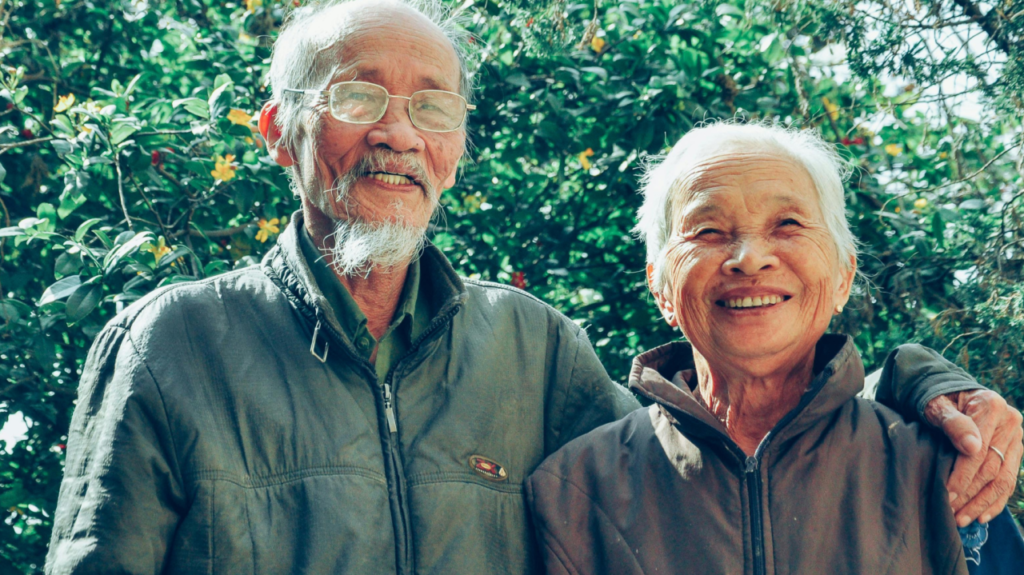I moved to the UK over 10 years ago, but I regularly go back to France to visit friends and family.
Every time I take the tube in Paris now, I’m in shock. People don’t stick to the right-hand side of the escalator; they don’t let passengers off the train first before trying to get on, and queuing? That’s practically non-existent! It feels chaotic, with everyone pushing to get in. Something as simple as taking the metro in Paris, which used to feel normal, now seems unfamiliar because in the UK, it’s the opposite.
That’s when I realised: some things have changed.
After living in the UK for so long, I’ve developed a mild version of what’s known as reverse culture shock. It’s that sense of disorientation when your home country no longer feels like home. It usually happens to ‘expats’, their children, or anyone who’s spent significant time immersed in a different culture but even for those of us who just visit, it can still feel unsettling. And while it’s perfectly normal, it doesn’t make the experience any easier.
Ironically, when we move to a different country for work, we’re keen on developing our cultural intelligence which is our ability to work effectively across cultures. As we settle into a new culture, we become attuned to its social norms, behaviors, and communication styles. Over time, we internalise these new norms, which is why going back to our home country can feel so strange (for some people). Our perspective shifts, and suddenly, our home culture feels out of sync with the new habits and expectations we’ve adopted. Perhaps we could call this experience “reverse cultural intelligence.” !
Expats who move back after years abroad often struggle to readjust. ‘Repats,’ as they’re sometimes called, need time to reintegrate. And it’s not just about habits like queuing or escalator etiquette; it’s deeper than that. It’s about how we communicate, how we interpret situations, even how we see ourselves in the world. And when kids are involved, it can get more complex. Children who grow up abroad often become what’s known as third-culture kids, straddling the line between their parents’ culture and the one they grew up in, but not feeling fully at home in either.
And it’s not just the tube. Take driving, for instance. One day I found myself driving on the wrong side of the road! (spoiler alert: I survived.) And as a pedestrian, I have to think twice about which direction to look first before crossing. In France, it’s left, then right; in the UK, it’s the opposite. These are small, everyday things, but they require mental effort now.
Ultimately, having lived abroad has enriched my sense of cultural awareness and adaptability. And while reverse culture shock can be disorienting, it’s a reminder of how much we grow when we step outside of our cultural comfort zone. Our experiences abroad expand our cultural intelligence, giving us a new perspective—not just on other countries, but on our own as well.
If you have not taken it yet, take the 5-min Quiz to test how well you navigate across cultures: Test How Culturally Intelligent You are!
Follow my page on LinkedIn for more insights on cultural intelligence.




